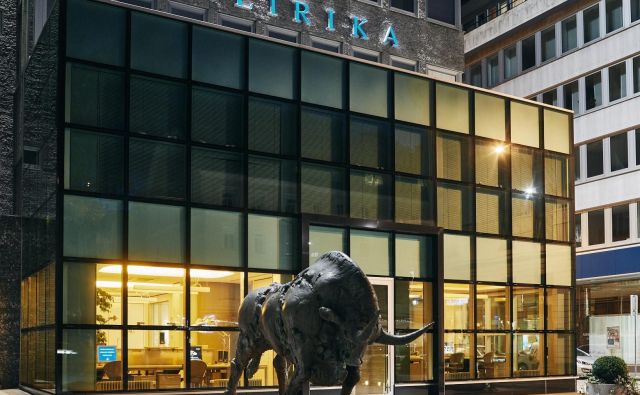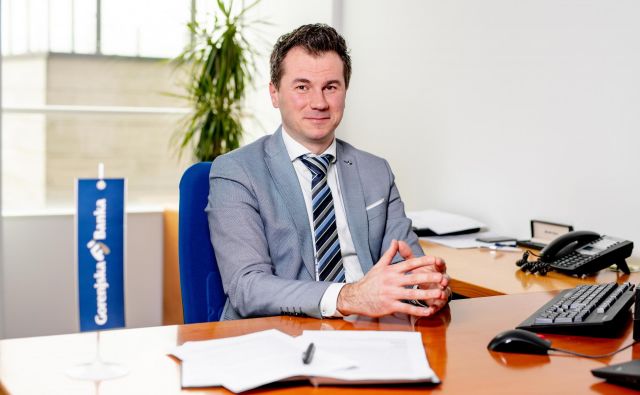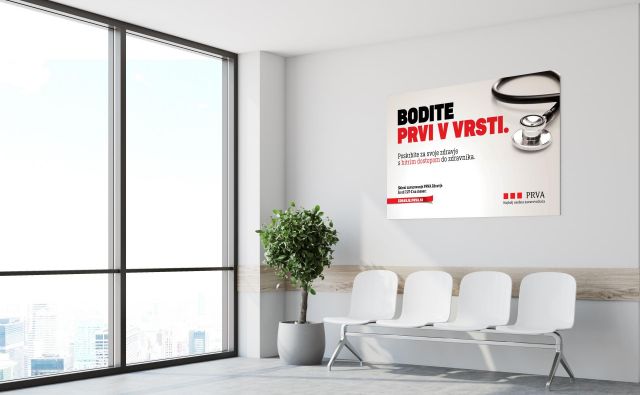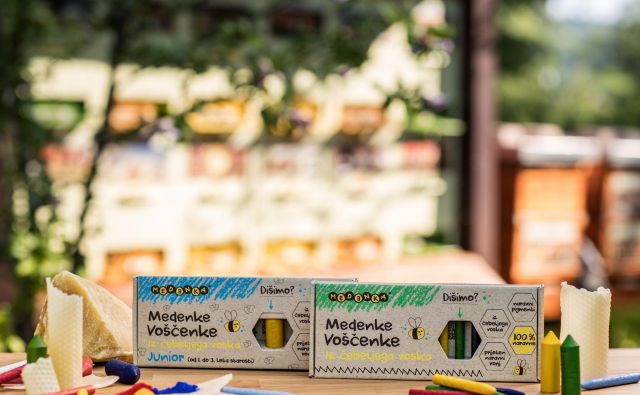Mr. Maskati is a 24-year-old human rights activist who not long ago felt close to achieving egypt's kind of peaceful revolution, through a dogged commitment to nonviolence. Then the Saudi tanks rolled into Bahrain, and protesters came under attack,
the full might of the state hammering at unarmed civilians.
"We thought it would work," Mr. Maskati said, his voice soft with depression, yet edged with anger. "But now, the aggression is too much. Now it's not about the protest anymore, it's about self-defense."
The arab Spring is not necessarily over, but it has run up against dictators willing to use lethal force to preserve their power. The youth-led momentum for change stalled first in Libya, where Colonel Muammar el-Qaddafi unleashed troops on his people, and then in Bahrain, where king hamad bin Isa al khalifa enlisted Saudi arabia's help to crush demonstrations.
Bahrain's protests were part of a transformation sweeping the Middle east, propelled by young people free of the fear that held
back their parents.
At first , they seemed an unstoppable force, driven by the power of demographics - about 60 percent of the population across the arab world is under the age of 30. They started to reshape societies where the young defer to the old, toppling old hierarchies along with governments.
The movement is still forcing change in places like Morocco and Jordan, guiding transitions in egypt and Tunisia, and playing out in countries like Algeria and Yemen. Young people remain out front, wielding the online tools they grew up with to mobilize
protests, elude surveillance and cross class lines.
This generation's access to a life without borders through the Internet and panarab television networks like Al Jazeera exposed them to other societies, fueling anger at the repressive politics and economic stagnation that deprived the region's youth of opportunity and freedom.
It was long anticipated that young people would emerge as a powerful force because the median age across the Middle east is just 26. But what surprised many was the absence of religious discourse - and the embrace of pluralism - from a generation that was more observant than its parents and often sought solace from despotic rulers and blighted lives in an embrace of Islam.
This generation rejected traditional opposition leaders, like the toothless political parties that served dictators by providing a veneer of democratic legitimacy, or the Muslim Brotherhood, which many came to see as having been coopted by the status quo.
Young people interviewed across the region echoed the same ideas, tactics and motivations that set off revolutions in egypt and Tunisia. In Morocco and Jordan, monarchs have already offered concessions, fueling excitement and hope.
It is a force driven by young men like Tarek al-Naimat, 26, of Jordan, who joined Facebook a few weeks ago, saying that it was a more powerful tool than the Muslim Brotherhood. and Oussama el-khlifi, 23, who left the Socialist Union of Popular Forces in Morocco to found a nonideological movement - initially organized on Facebook - that has already rallied unmatched numbers in the streets of Morocco and pressed the king to announce plans to modify the Constitution.
"We saw change would not happen through the parties, it would happen through the people," Mr. khlifi said. "We created a Facebook group called Moroccans Discuss the king, and in four or five days we had 3,000 members."
The early victories in Tunisia and Egypt emboldened them. "I grew up in a world where we believed we could not
do anything," said Mariam Abu Adas, 32, an online activist in Jordan who helped create a company called Hiber to train
young people to use social media.
Liberty is very important
"Generations believed we could do nothing," she said, "and now, in a matter of weeks, we know that we can. "The women at Ammon News stood firm when the Jordanian authorities told them to take down a daring post critical of the monarchy and, in particular, Queen Rania - a taboo in a nat ion where criticizing the royal family is a crime punishable by three years in prison.
The authorities promptly hijacked the Website, and the staff's editor told them to give up and go home. Instead, the women
took to the streets in protest , and the authorities backed down.
"It was the principle," said Ala Alyan, 22. "Liberty is very important." It is a new model for the Middle East, not only because the young people are taking the lead, but because their elders have star ted to l isten and fol low.
"The youth, we were afraid of, but we have come to see the youth are moving the region," said Mustafa Rawashdeh, a former headmaster at a school in Karak, Jordan, who was fired after trying to form a teachers' union. "Young people saw the winds of change and drove us."
And then Colonel Qaddafi's forces opened fire, followed by King Hamad's crackdown. In Yemen, forces backing the regime also killed dozens of demonstrators.
The young activists' idealism has been challenged by the bitter reality of repression, leaving them dispirited but resolute.
It is a sobering pause, as Bahrainis tend their wounded and Libya's opposition, with the help of airstrikes from an international coalition, pushes back against pro-Qaddafi forces.
Mr. Maskati in Bahrain is from a wealthy Shiite family, part of the Shiite majority in Bahrain that has smoldered under a repressive Sunni monarchy. "I don't believe the peaceful protests will go on," Mr. Maskati said. "Now, it's about resisting the aggression."
 Tiskane izdaje
Tiskane izdaje























